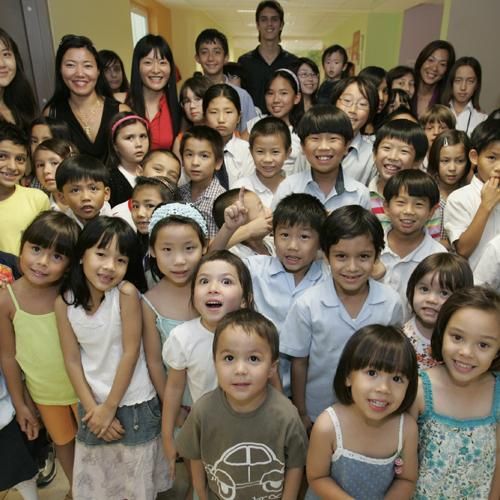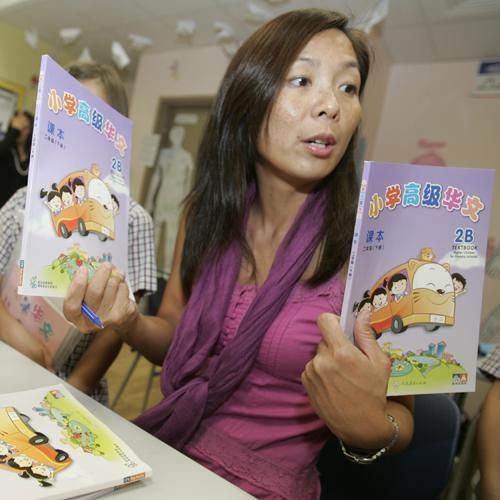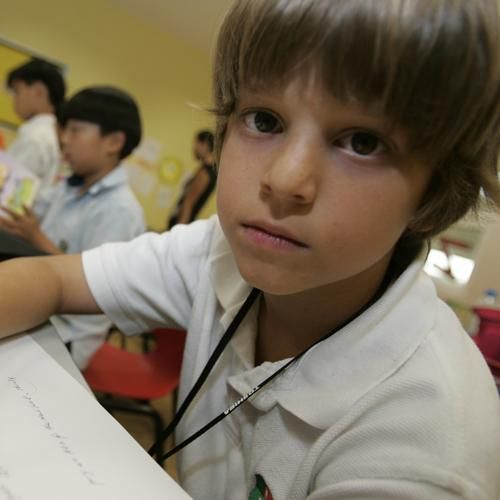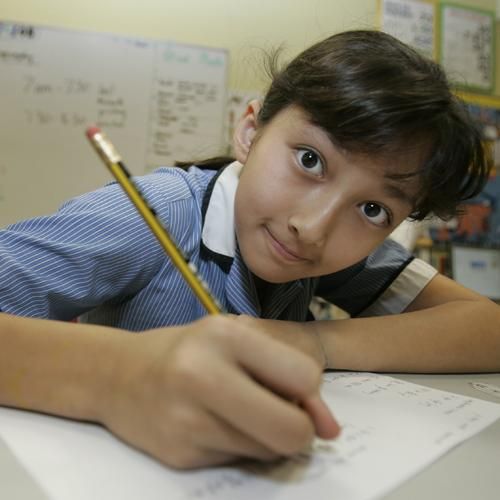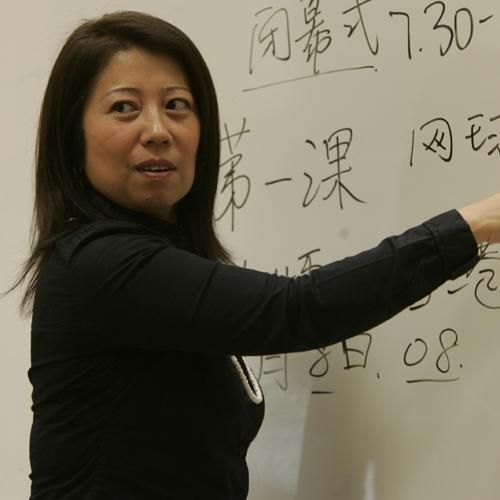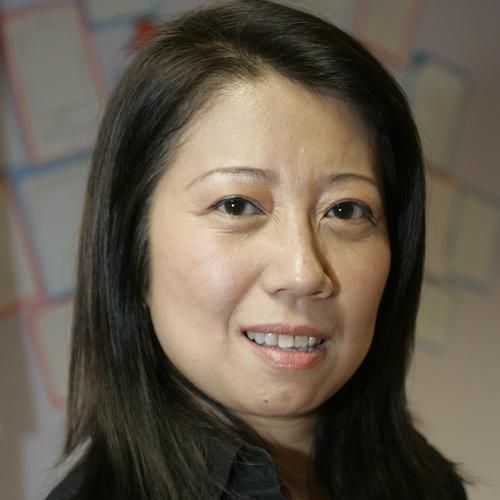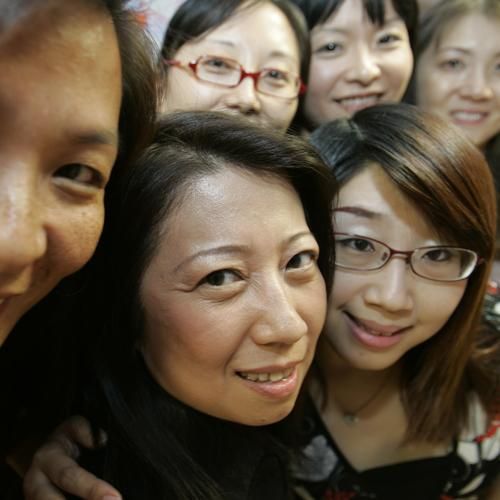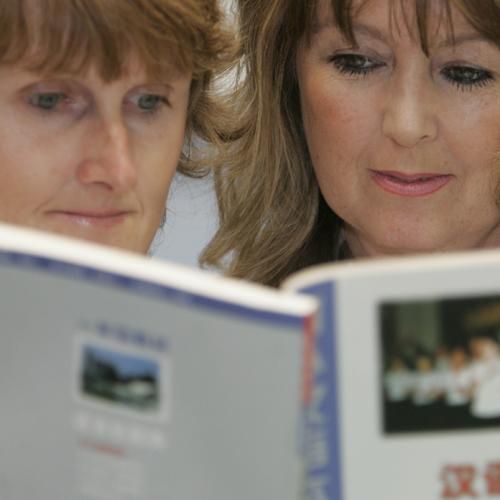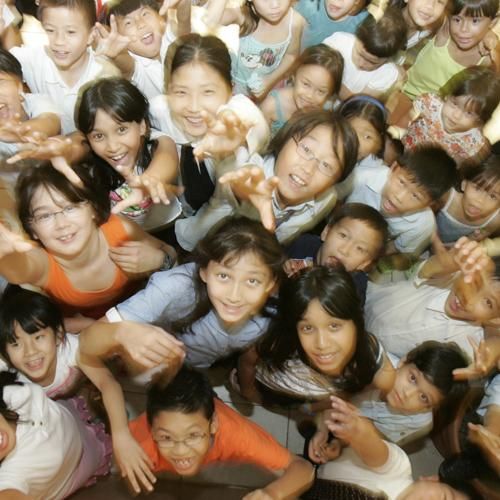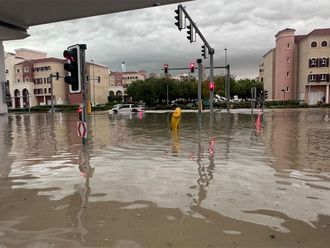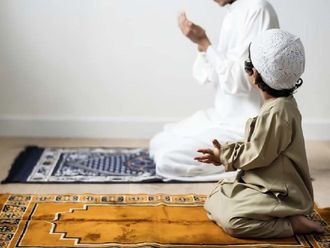Increasing numbers of Dubai residents are learning Mandarin or simplified Chinese.
Since the Dubai Chinese Learning Centre (DCLC) opened its doors at the Dubai International Academy in January last year, 50 students have signed up for special after-school classes, including one for adults. The number of non-Chinese students are growing.
Lucy Chuang, head of the centre, said: “It is exciting to see more people interested in learning Chinese languages and culture. Dubai is multicultural and people get by with English.''
But she felt losing the battle with her sons, Erik, 10, and Victor, 8, who talk, play and fight in English. Chuang and her husband William lived in the US, UK, and Canada for 12 years before moving to Dubai.
“I was concerned about two boys. It's a weird feeling when they complain or feel that learning Chinese characters is difficult. Language is our link to our roots,'' said Chuang, who seeks to turn it into centre a cultural centre.
Chinese has more than 80,000 characters, with around 3,500 in common use.
Beginners at the centre start with Pinyin – Roman letters representing Mandarin sounds - before they are taught how to write Chinese ideograms.
For non-native speakers, these practices are helpful for listening and speaking Mandarin, said Chuang.
Nicola Scott, a UAE resident for eight years, started with Mandarin with a group of adult learners. Her son, who asked her to learn with him, fired up her interest in the language.
“At the beginning, we were only learning ‘Pinyin', the Romanised form of the Chinese characters. But my son's exams were approaching and he had to dedicate his time to his studies and stop. I had enjoyed the lessons and so decided to carry on,'' said Scott.
Pinyin, however, was not enough.
“It was only when I started to learn the characters did I truly fall in love with the language. The Chinese characters unlock a true insight into the culture and the people - this is what has engrossed my interest,'' said Scott, who visited China three times in the past two years.
Skyler Khoury, eight, an Arab-American born and raised in Dubai, goes to the centre with his friend Ramez Raslan, also eight, a Syrian-Canadian.
“I love languages,'' said Khoury. “Hopefully, one day I will move to Toronto, which has a big Chinese community, where I will be able to use the Chinese language.''
Raslan had practical reasons to learn the language. “My dad works for a company that deals with Chinese products. He wants me to help him in translation.''
Sheamus, 10, an Irish-Singaporean, said: “My grandmother speaks only Chinese. I want to be able to talk to her.''
For Jeong Yun Jeong, 12, from South Korea, learning the language of his neighbours is an investment in the future.
“China is a big country, an economic giant,'' said the seventh-grader at the Dubai International Academy. “Mandarin is the language of the future.''


